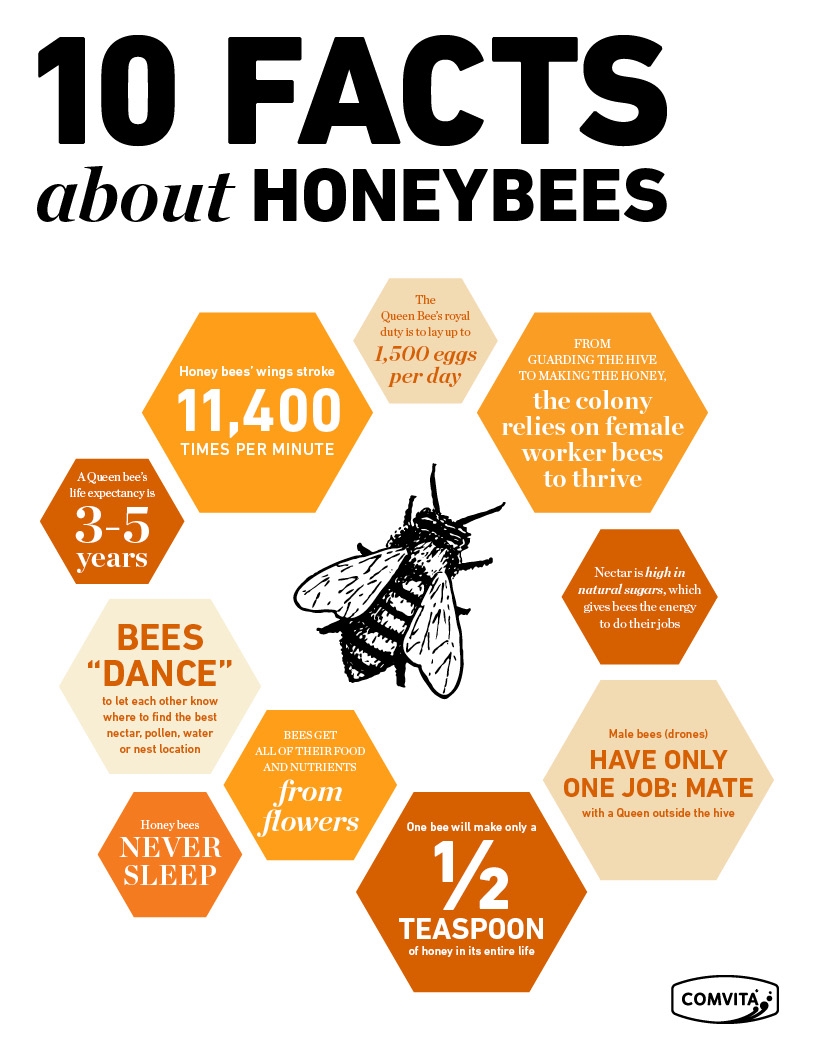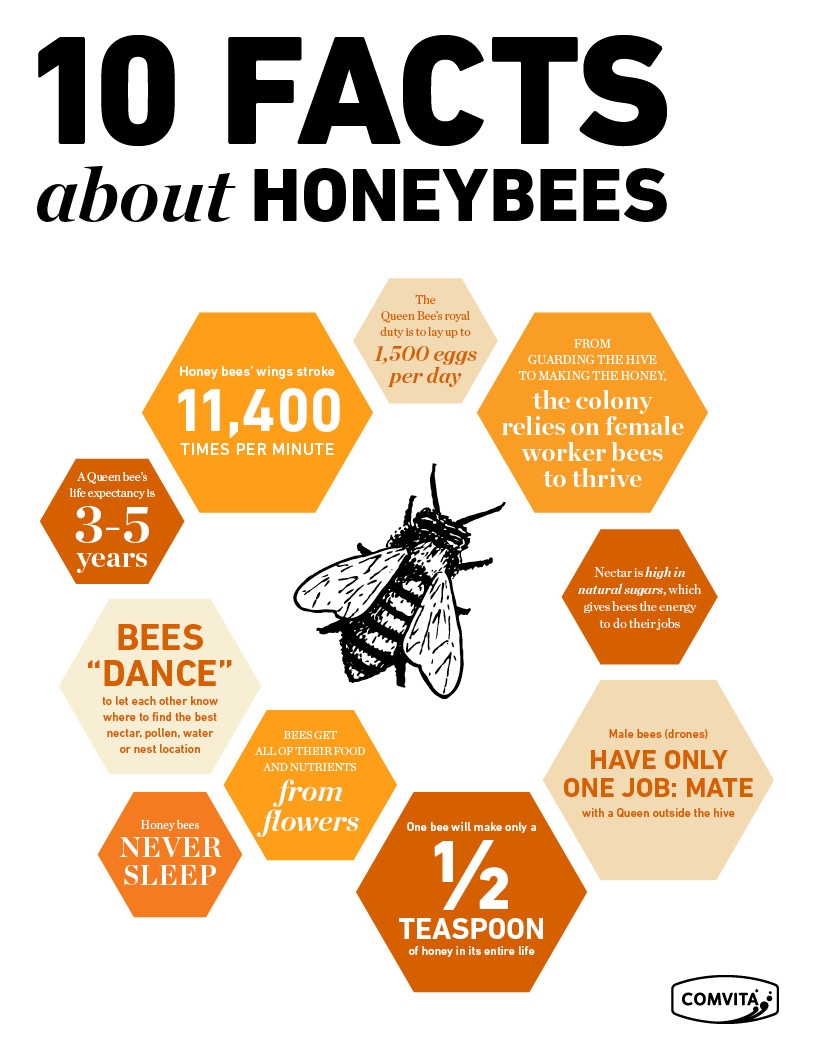
- The bumble bee is a gentle and slow creäture, unlike the faster honey bee. They tend to lumber around their environment in no particular hurry as it goes to collect its pollen around the garden.
- Did you know that there are three different types of bumble bee? The drone bee, which is also called the male bumble bee. The queen bee, which is the largest bee. The female worker bee which is slightly smaller
- If you come across bumble bee nests in your backyard then you can let them stay there without fear of them causing you trouble because they never swarm and are quite small creatures.
- Bumble bees are fuzzy insects that tend to measure up to one inch in length and will make a loud buzz as they go around collecting pollen in quite an awkward fashion.
- Unlike the drones, bumble bees will not have a sting and so are quite harmless to Humans unless they are purposely touched and they can sting you quite significantly if you happen to do so
- Bumble bees are quite easy to spot as they tend to be quite large and slow and ponderous. They will also have a yellow and black color and tend to gravitate towards your garden between spring and autumn.
- Queen bumble bees tend to nest in leaves or in the soil and can later lie between 8-12 eggs in the springtime. The worker bees that then emerge from the nest can then fly around in cooler weather which increases their productivity as pollinators.
- They tend to produce a few grams of honey at any one time which is enough to make sure their young are fed and is not suitable to be used for commercial honey sales because of its putrid taste
- Bumble bees will not tend to attack people unless they feel threatened so if you happen to see some in your area then it is a good idea not to wave your arms around in a wild way so as not to disturb them
- If you let the bumble bees inhabit your garden or backyard then what they will do for you is to pollinate your flowers, fruit and vegetables for you which can be I great benefit to your environment.




